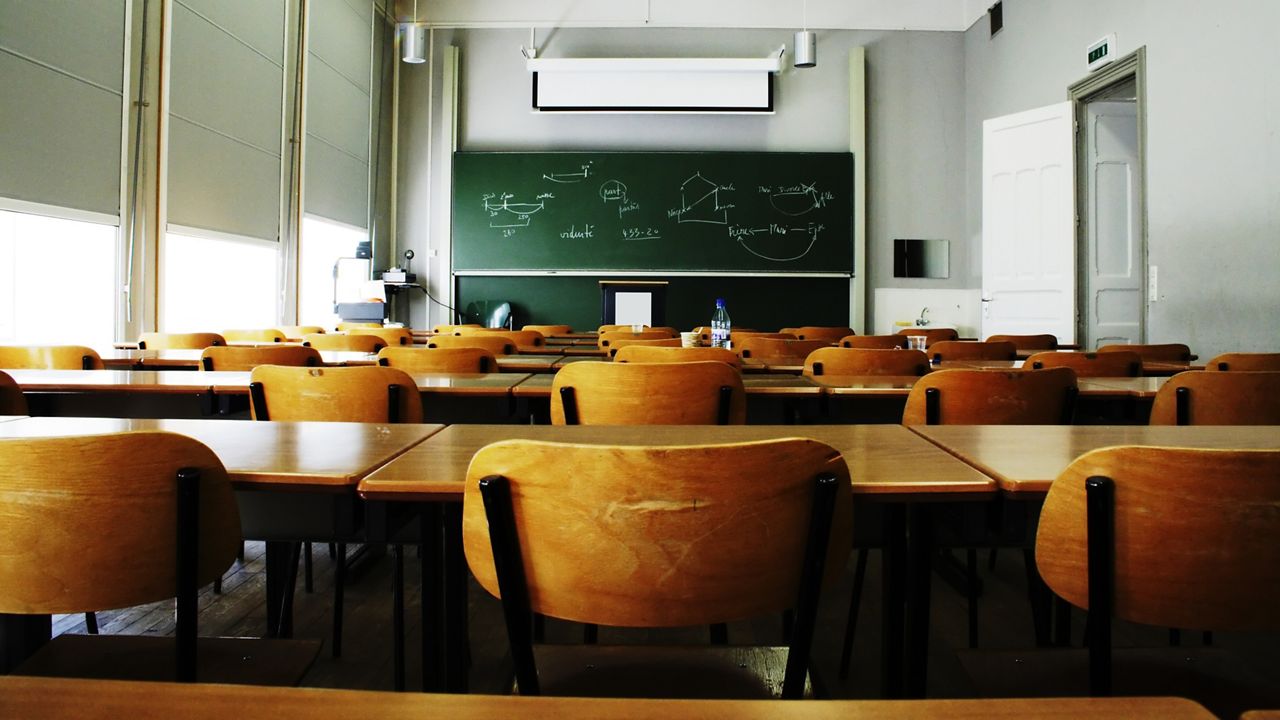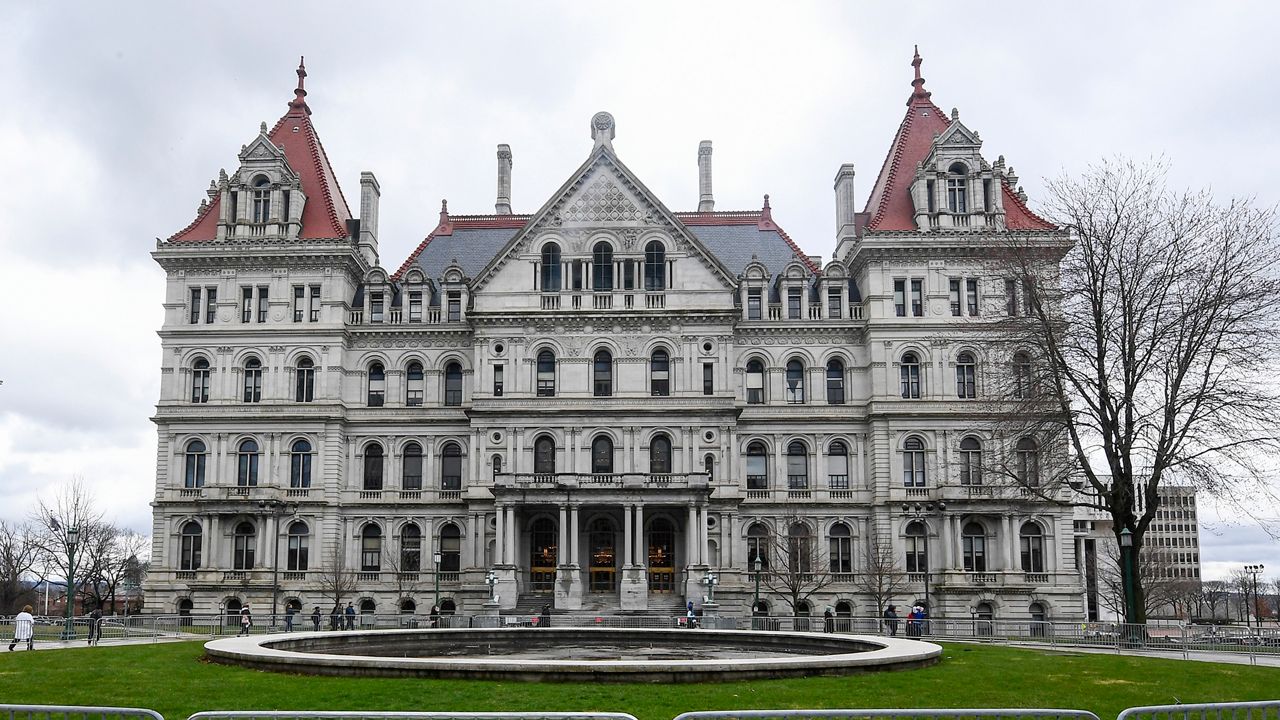Homeschooling is on the rise in New York with the Empire Center for Public Policy finding homeschool enrollment in the state jumped 178% between 2013 and 2023.
Parents' hesitation often seems to come from various concerns over what is taught, safety, a need for individualized teaching, or just wanting to spend more time with their child.
For Jenny Woods’ family in Oneida County, the concern was bullying.
“My son ended up having a medical. He ended up with amnesia. And we had to pull him from school, from the stress that he was getting from being bullied and not having the support of the school system," Woods said.
What You Need To Know
- The Empire Center for Public Policy says homeschool enrollment in the state jumped 178% between 2013 and 2023
- Parents say their concerns come from what is being taught, safety, a need for individualized teaching, bullying or wanting to spend more time with their child
- Homeschooling families say it is possible to teach at home while working full-time jobs
Woods said she advocated for her son, but the problems didn’t stop. He is now being homeschooled and thriving.
According to the Home School Legal Defense Association, children must attend school or comply with homeschool laws starting in the school year in which they turn 6 on or before Dec. 1.
The New York Education Department regulations state grades one through six must have at least 900 hours of instruction per year and 990 hours of instruction per year for grades seven through 12.
Generally, students must remain in school until 16 years old, possibly 17 or until they graduate. There are no immunization requirements. However, there are assessment requirements and state-mandated subjects.
In Oswego County, Mary Simmons’ kids were never enrolled in public school.
“I realized that society was going in a direction that I didn't want my kids to go. So that was one of the major reasons that I chose to quit my full-time job 17 years ago, when I was pregnant [with] my first child, and decided that homeschooling was the only path that we were willing to take with them," said Simmons.
Advocates say you can teach at home, in groups or co-ops, during public school hours or at night.
“Even if your school year runs just like the public school, which is September to June, some people that are local farmers run a different calendar year. They don't necessarily run the public-school schedule," said Simmons.
Her kids are in eighth grade and 11th grade.
Back in Oneida County, Collins teaches kids of different ages.
“I have my undergrad and my master's in elementary in special education, and then I have a doctorate and executive leadership," said Collins, a tutor and at-home educator.
Her homeschooling days likely look a little different from other homeschooling families because she teaches other homeschooled kids. But one thing she said is common is the learning never stops when you’re homeschooled.
“You have the options to count learning through field experiences, field trips, going to art classes. If they play soccer, yu can count that as your gym requirement," Collins said.
Once you get through the paperwork of starting homeschooling, Simmons and Collins said teaching at home isn’t as daunting as some may think.
“I want to be able to ensure that he can learn to his best ability and not that a public school couldn't do that, but I have the opportunity to be able to work with him one-on-one or in a smaller setting where I feel he would be better equipped to be able to learn," said Collins.










